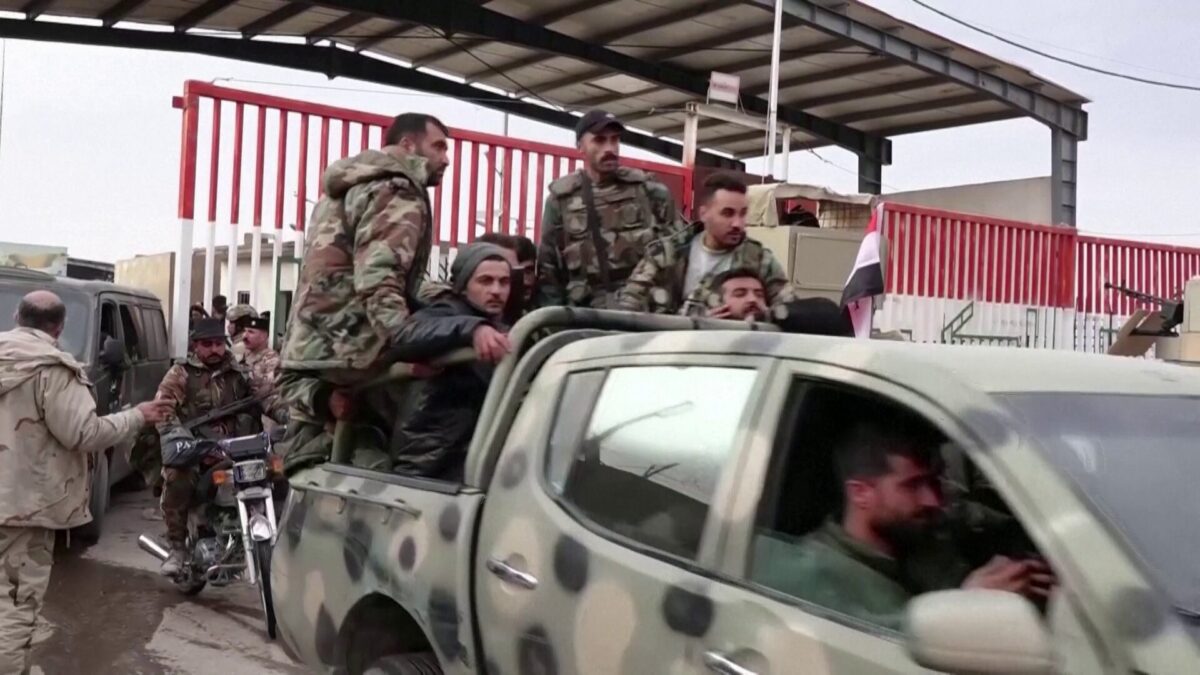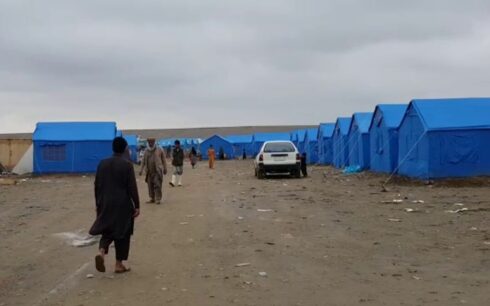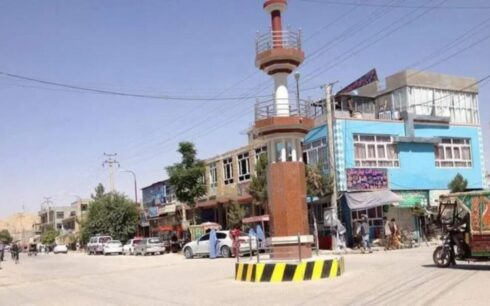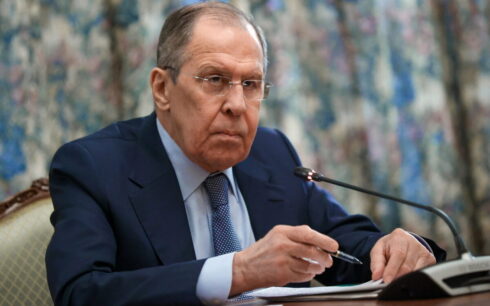The fall of Bashar al-Assad’s government in Syria, ending a 50-year family dynasty, has sent shockwaves through the Middle East and drawn comparisons to Afghanistan’s Taliban-controlled regime. Experts warn the collapse could stoke fears among other authoritarian leaders in the region.
“Some dictators in the Middle East might look to Syria fearfully,” Carsten Wieland, a former senior adviser to the U.N. special envoy for Syria, told Reuters on Monday. Assad’s ouster by Syrian rebels signals a seismic shift in the region and raises concerns about further instability.
While some have drawn parallels between Assad’s fall and the Taliban’s rise in Afghanistan, Wieland argued the situations are fundamentally different.
Hayat Tahrir al-Sham (HTS), the rebel group that spearheaded Assad’s ouster, has distanced itself from al-Qaeda and even expelled the Islamic State from Idlib, Wieland said.
“In Idlib, women can work and participate in societal life, far from what’s happening in Afghanistan under the Taliban,” Wieland noted. “HTS is not a liberal democratic force, but it is now poised to govern and must balance power dynamics within Syria.”
Wieland described Assad’s government as “internally rotten, mafia-like, and corrupt,” relying on fear rather than genuine loyalty. For years, Assad clung to power through the backing of Russia, Iran, and Hezbollah.
“The whole system was held together by fear,” Wieland said, emphasizing that the collapse underscores the fragility of regimes that depend on external support rather than internal cohesion.
The dramatic fall of Assad’s regime, after more than 13 years of devastating war, marks a turning point for Syria. The conflict has reduced cities to rubble, claimed hundreds of thousands of lives, and displaced millions as refugees.
Assad’s ouster, while offering hope for change in Syria, raises questions about the potential ripple effects across a Middle East already gripped by instability and power struggles.





